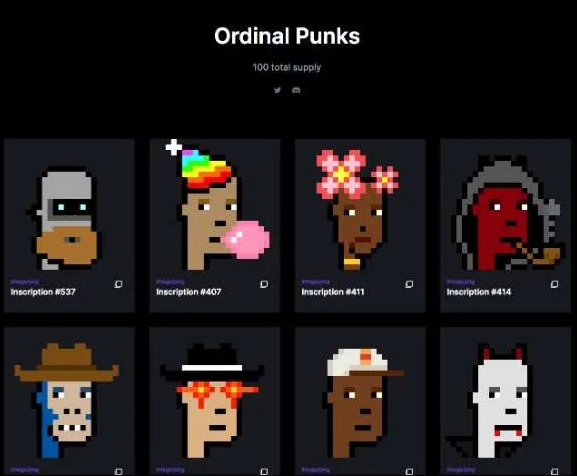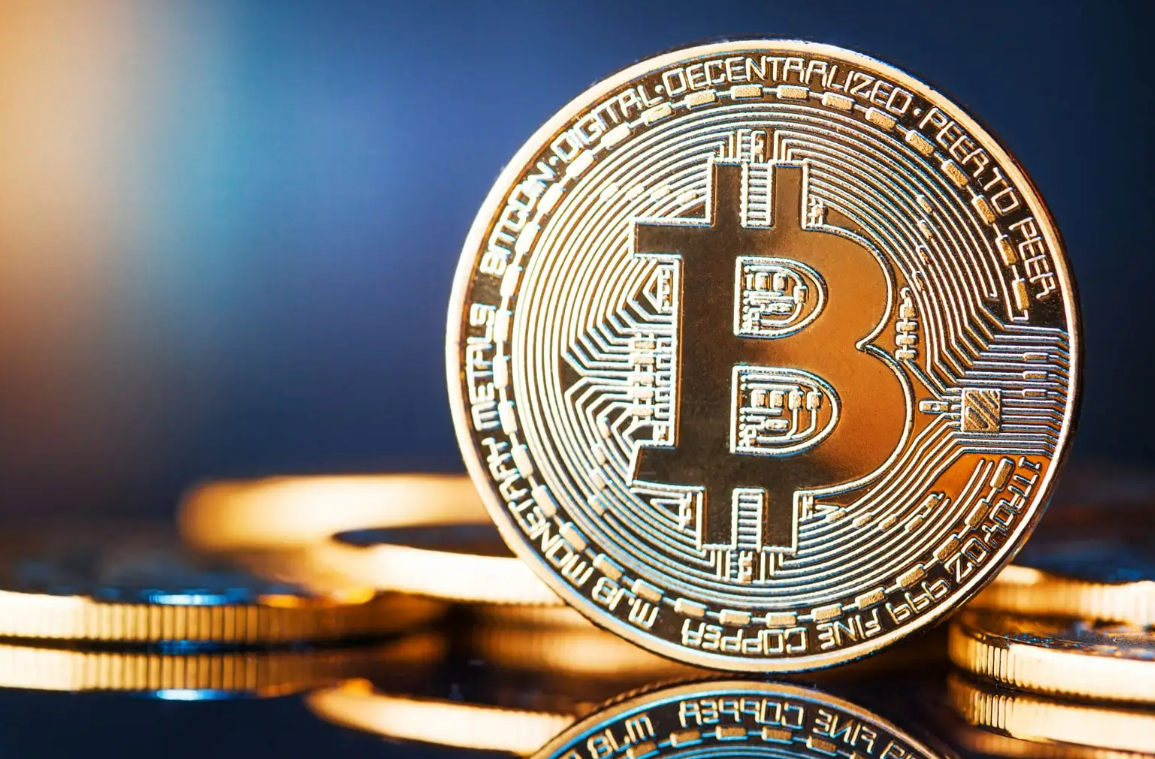Are you ready to take your Bitcoin game to the next level? Then you better buckle up, because today we’re talking about Bitcoin ordinals. And no, we’re not talking about some kind of holy ranking system for crypto enthusiasts (although we wouldn’t be opposed to that). We’re talking about a feature that allows you to attach a unique number or identifier to your Bitcoin Satoshi’s. So, let’s dive in and see what all the fuss is about.
What are Ordinals?
Before we jump into how ordinals work, let’s define what they are. Ordinals are simply unique identifiers that you can attach to your Bitcoin Sats. They can be any number or string of characters that you choose, but they have to be unique. Think of them as serial numbers or tracking codes for your Bitcoin transactions. They can be used for various purposes, such as tagging transactions for accounting purposes, or for identifying specific payments or purchases.
How do Inscriptions Work?
Now that you know what ordinals are, let’s talk about how they work. When you create a Bitcoin transaction, you have the option to add an inscription field. This is where you can enter your ordinal. Once you’ve entered your ordinal, it becomes part of the transaction data. This means that anyone who looks up the transaction on the blockchain will be able to see your ordinal.
So, why is this useful? Well, let’s say you’re a business owner and you want to keep track of all your Bitcoin payments. You could use ordinals to tag each transaction with a unique identifier that corresponds to a specific customer or invoice. This makes it easy to track payments and reconcile your books. Or, let’s say you’re a freelancer and you want to keep track of all your payments from a particular client. You could use ordinals to tag each payment with a unique identifier that corresponds to that client. This makes it easy to keep track of your income and expenses for tax purposes.
Learn how to inscribe with this guide.
What Bitcoin Wallets Support it?
So, now that you know what ordinals are and how they work, you’re probably wondering which Bitcoin wallets support them. The good news is that most modern Bitcoin wallets support ordinals. Some popular wallets that support ordinals include Electrum, Bitcoin Core, and Sparrow. If you’re not sure whether your wallet supports ordinals, check the documentation or reach out to the wallet’s support team.
NFTs as Ordinals
Now, let’s talk about NFTs as ordinals. If you’re not familiar with NFTs, they’re a type of digital asset that represents ownership of a unique item or piece of content. NFTs have exploded in popularity since 2021, with some selling for millions of dollars. So, what do NFTs have to do with ordinals? Well, some NFT creators have started using ordinals as a way to add an extra layer of uniqueness to their NFTs. By attaching a unique ordinal to each NFT, they’re able to create a one-of-a-kind digital asset that can’t be replicated or duplicated.
A few collections you can check out are Ordinal Punks, Bitcoin Punks, and Bitcoin Bored Ape Yacht Club. Or this year Yugalabs released an official Ordinal collection called TwelveFold.
More on Ordinal NFTs in a blog later this month.

Tokens on Bitcoin
Finally, let’s talk about tokens on Bitcoin. Bitcoin is primarily known as a digital currency, but it’s also possible to create tokens on the Bitcoin blockchain, BRC-20 tokens. These tokens can represent anything from loyalty points to real estate. And just like with Bitcoin transactions, you can use ordinals to add an extra layer of uniqueness to token transactions. This can be useful for tracking token transfers or for creating a unique identifier for each token holder.
There will be airdrops coming on this chain, and we recently listed our first here. To find more Bitcoin Ordinal Airdrops make sure to check our website regularly or follow us on Twitter.
You know, even memecoins found their way to ordinals already.
Conclusion
So, there you have it. Bitcoin ordinals may not be the flashiest feature of the world’s most popular cryptocurrency, but they can be incredibly useful for tracking transactions and creating unique digital assets. Whether you’re a business owner, a freelancer, an NFT creator, or a token issuer, ordinals can help you keep track of your assets and transactions. By attaching a unique identifier to each transaction or asset, you can streamline your record-keeping and ensure that everything is properly accounted for.
And the best part? Ordinals are easy to use and widely supported by most modern Bitcoin wallets. So, whether you’re a seasoned Bitcoin pro or a newcomer to the world of cryptocurrency, you can start using ordinals today to make your Bitcoin transactions and digital assets more unique and identifiable.
In conclusion, Bitcoin ordinals may not be the most exciting topic in the world of cryptocurrency, but they are certainly a useful tool for anyone who wants to keep track of their Bitcoin transactions or create unique digital assets. So, the next time you’re sending or receiving Bitcoin, consider adding an ordinal to your transaction. Who knows? It might just make your life a little bit easier and your assets a little bit more valuable.








